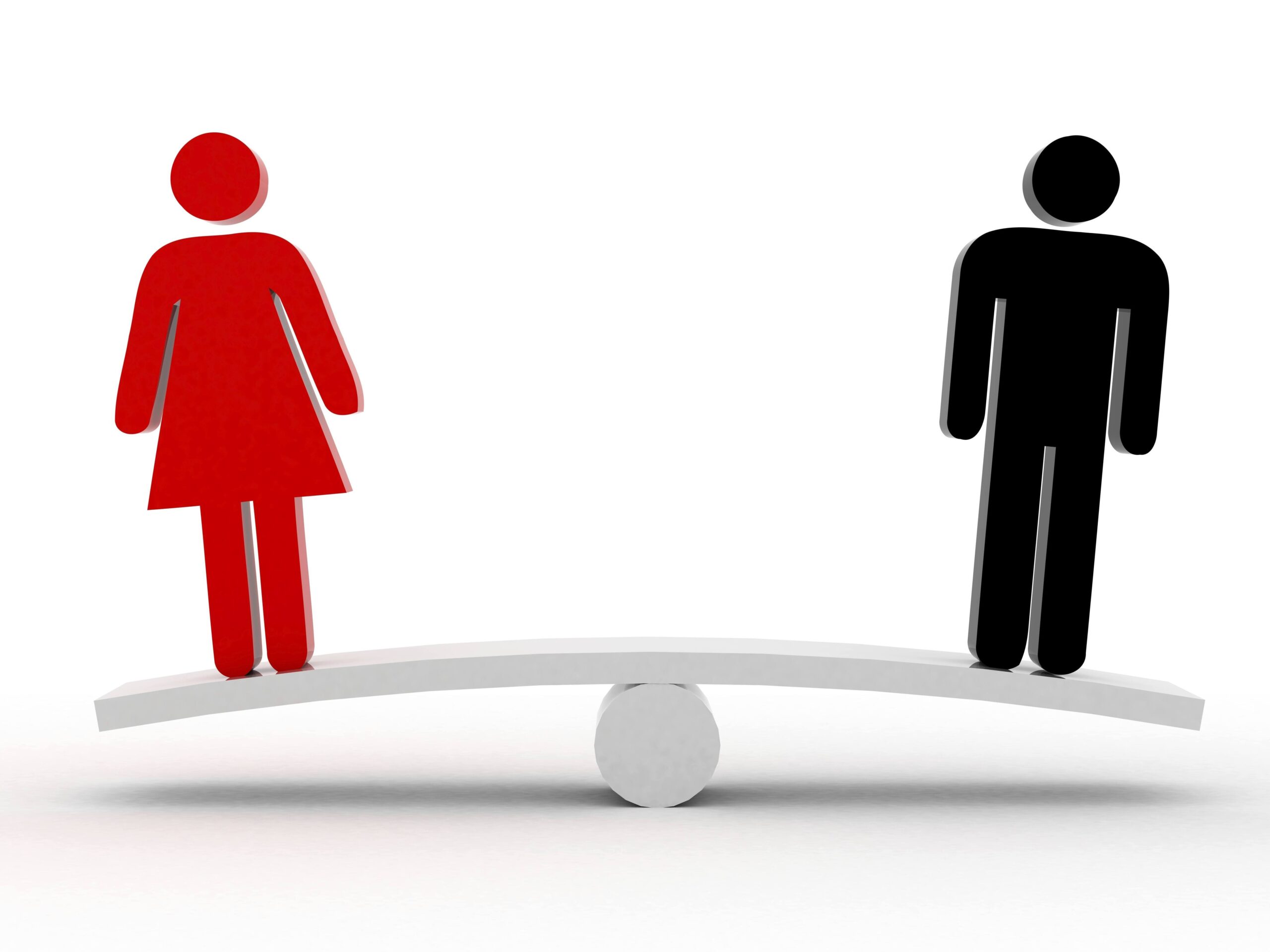The landscape of gender roles in Germany has undergone significant transformation over the past few decades. From the post-war period to the present day, societal attitudes, laws, and cultural norms have all contributed to a redefined understanding of gender and equality. This article explores the evolution of gender roles in modern Germany, examining key milestones, contemporary challenges, and future directions.
Historical Context
Post-War Era and the Traditional Family
After World War II, Germany faced the challenge of rebuilding its society and economy. The traditional family model, characterized by a clear division of labor, emerged during this period. Men were primarily seen as breadwinners, while women were expected to take on domestic responsibilities, often sacrificing their careers for family life. This traditional view of gender roles was reinforced by societal expectations and cultural narratives that glorified motherhood and homemaking.
The 1960s and the Women’s Movement
The 1960s marked a turning point as the feminist movement gained momentum, both in Germany and globally. Women began to demand equal rights, better educational opportunities, and the right to work. Legislative changes, such as the introduction of the Equal Opportunities Act in 1977, aimed to eliminate gender discrimination in the workplace. This era also saw the rise of women’s liberation groups, which challenged the traditional notions of femininity and pushed for societal change.
Current Trends
Gender Equality Legislation
Today, Germany is known for its progressive stance on gender equality. The country has implemented various policies aimed at promoting equal opportunities in both professional and personal spheres. The Act on Equal Participation of Women and Men in Leadership Positions, enacted in 2015, mandates gender quotas for women in leadership roles within publicly listed companies. Such measures reflect a growing commitment to dismantling gender-based barriers in the workplace.
Changing Family Dynamics
The notion of family in Germany has evolved significantly. Increasing numbers of women are pursuing higher education and careers, leading to a rise in dual-income households. Men are also becoming more involved in domestic duties and childcare, reflecting a shift towards more equitable distribution of responsibilities. Paternity leave has gained popularity, allowing fathers to take time off work to care for their children, which challenges traditional stereotypes about masculinity.
Contemporary Challenges
Gender Pay Gap
Despite advancements in gender equality, challenges persist. The gender pay gap remains a pressing issue, with women earning significantly less than their male counterparts in many sectors. This discrepancy highlights the need for continued advocacy and policy reforms aimed at achieving true equality in the workplace.
Societal Attitudes and Stereotypes
Cultural stereotypes surrounding gender roles continue to influence perceptions and behaviors in Germany. Women are often still viewed as primary caregivers, which can impact their career progression. Conversely, men may face societal pressure to conform to traditional masculine roles, limiting their involvement in family life and emotional expression. Changing these deeply ingrained attitudes requires ongoing education and awareness-raising efforts.
The Future of Gender Roles
Towards a More Inclusive Society
The future of gender roles in Germany looks promising, as society increasingly embraces diversity and inclusivity. Movements advocating for LGBTQ+ rights and gender nonconformity have gained visibility, contributing to a broader understanding of gender beyond the binary framework. As these discussions evolve, there is potential for a more nuanced and inclusive approach to gender roles.
Education and Awareness
Education will play a crucial role in shaping future generations’ perceptions of gender. Integrating gender studies into school curricula can foster understanding and respect for diverse identities and experiences. Encouraging open conversations about gender roles, stereotypes, and equality can help cultivate a society that values individuality over conformity.
The evolution of gender roles in modern Germany reflects a complex interplay of historical, cultural, and legislative factors. While significant progress has been made towards achieving gender equality, challenges remain. As society continues to adapt and evolve, it is essential to foster an environment that promotes inclusivity, understanding, and respect for all individuals, regardless of gender. By embracing change and challenging stereotypes, Germany can pave the way for a more equitable future.
